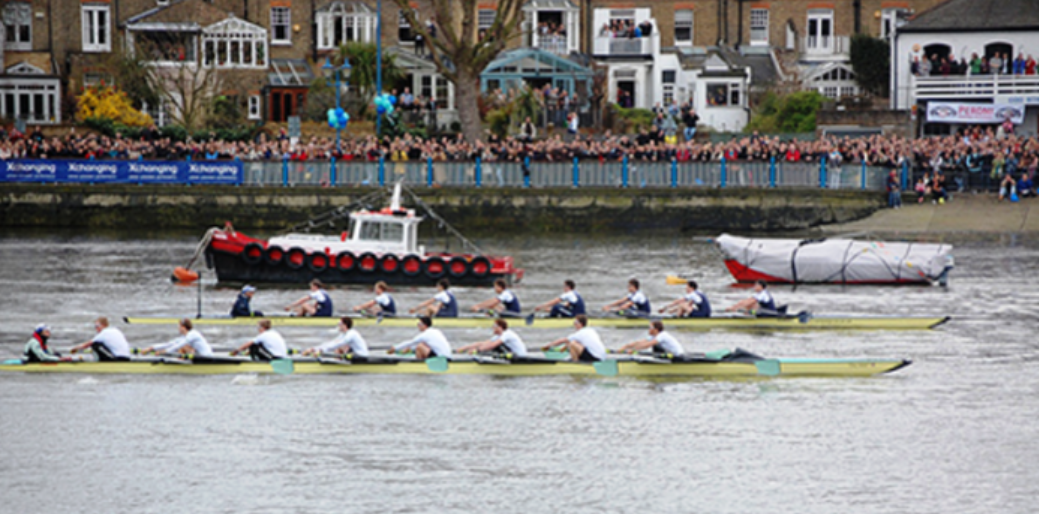Tuition Articles

- All Articles
- Tuition News
- Blue TutorsBT Articles
- Blog


A Level Grades: Your Options From Here
The A Level results were released today and it's important to make the right choices. Do you want to challenge your grade or resit your exam? Where will you go to university?
Blue Tutors Article


Blue Tutors: Quality Tutors, with a Sincere Mission
A look at what makes Blue Tutors different from other tuition agencies. We interview one of the founders, Peter Edwards, and share the thoughts of some of their tutors.
Article by a Tutor


What Motivates Students in the Absence of Exams?
The government have closed schools again and cancelled exams, so how do we make sure that students don't fall behind their peers and still work hard?
Blue Tutors Article


The Pandemic's Effect on the pre-Exam Crammers
Some students work consistently and some students cram before exams. Covid has created a worrying situation where the crammers won't be prepared for the return to school and will have too much to do when exam season returns in 2021.
Blue Tutors Article


Research Suggests Schools Should Reopen
Research from UCL suggests that the negative impacts of school closures during the coronavirus outbreak outweigh the positives
Tuition News
Out of the Ordinary Tuition Requests
Sometimes tuition requests don't fit into a clear category, and we need another way to find the perfect tutor.
Blue Tutors Article
We Shouldn’t Focus on Pass/Fail Students
It's important that schools dedicate as much time and money to all students equally, and not focus on students who might boost the school's league table position.
Blue Tutors Article
Coronavirus Means We Should Tutor Online More
With the recent COVID-19 outbreak, tutors and students should consider tutoring online for the next few weeks.
Blue Tutors Article
Government to Keep Schools Open During Coronavirus Outbreak
The government has said that schools will stay open for now and they hope that GCSE and A Level exams will not be disrupted.
Tuition News

